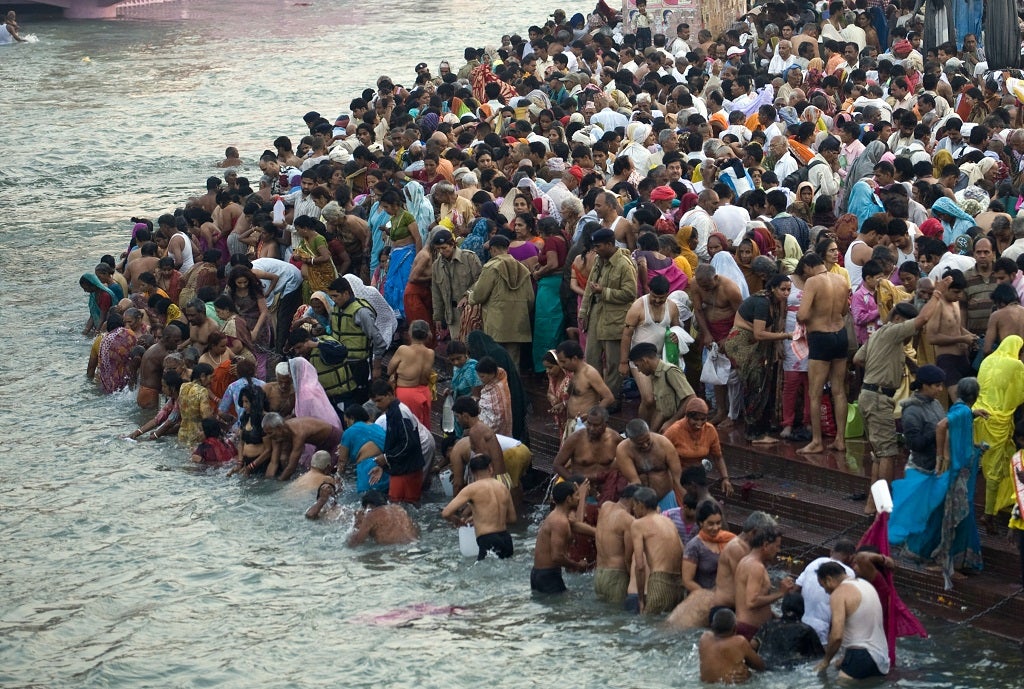Errors and Omissions: from Brussels to Croatia, stand up to the march of geographical correctness
Our legendary pedant brushes aside "authentic" place names, finds a missing Reichstag, and shines light on the existence (or not) of shadow spokesmen

Your support helps us to tell the story
From reproductive rights to climate change to Big Tech, The Independent is on the ground when the story is developing. Whether it's investigating the financials of Elon Musk's pro-Trump PAC or producing our latest documentary, 'The A Word', which shines a light on the American women fighting for reproductive rights, we know how important it is to parse out the facts from the messaging.
At such a critical moment in US history, we need reporters on the ground. Your donation allows us to keep sending journalists to speak to both sides of the story.
The Independent is trusted by Americans across the entire political spectrum. And unlike many other quality news outlets, we choose not to lock Americans out of our reporting and analysis with paywalls. We believe quality journalism should be available to everyone, paid for by those who can afford it.
Your support makes all the difference.“A girl dressed as a Hindu goddess sits on the banks of the Ganga, one of India’s holiest rivers,” said a picture caption published on Wednesday. The Ganga? You may think you have never heard of it, but it is in fact our old friend the Ganges.
A creeping geographical correctness seems to have accompanied the spread of English as a world language through the internet. The holy river appears to be the latest victim. It is a long time since the notorious battles of the Nineties had Peking, Bombay and Madras binned in favour of supposedly authentic local names, free of any taint of linguistic colonialism. More recently the madness has even reached Europe, with Leghorn and Corunna replaced by Livorno and La Coruña. How long before we are writing, in English, about Bruxelles, Wien and Firenze? Not too sure where to find Suomi, Magyarország and Hrvatska? Get out the atlas; it may not be long before you need to know.
Number crunching
This is from an obituary published on Monday: “He quickly became known not only for his advertising copy but also the quality of the pictures that went with them.” Them? Pictures would certainly be “them”, but here “them” is the copy. So the pronoun ought to be singular – “it”. Once again proximity trumps the logic of grammar.
Where am I?
Picture agencies have always been a mine of misinformation. Anthony Ingleton writes in to draw attention to a picture published in last week’s Radar section. The caption said: “History lessons in a complex city: the Reichstag in Berlin.” The photograph actually depicted the Berliner Dom, a large and impressive Protestant church. But, hey, they’ve both got big domes.
Central European parliament buildings seem to be particularly tricky. The other week we published a photograph of a large building in baroque style, with a caption indicating that it was the Hungarian Parliament in Budapest. I did not manage to find out what it was, but it wasn’t the Parliament, which is extravagantly Gothic.
Speak for yourself
“Mr Bryant, a shadow Home Office spokesman, said...” Thus we reported in a political story published on Tuesday. This is a common confusion.
Chris Bryant MP is a shadow Home Office minister and a Labour spokesman, so he must be a shadow Home Office spokesman. Right? Wrong. Bryant is currently shadow minister for Borders and Immigration. You could describe him either as an Opposition spokesman or a shadow minister. But he is not a shadow spokesman. On the contrary, he is a real, flesh-and-blood spokesman, who can be seen and heard speaking for his party in the House of Commons.
Cliché of the week
“A 21-year-old man was arrested in Manhattan yesterday on suspicion of plotting to bomb the New York Federal Reserve in the city’s bustling financial district,” said a news story on Thursday. Not far from the “bustling financial district”, of course, are to be found the “vibrant inner-city neighbourhoods”, and, a bit farther out, the “leafy suburbs”.
Join our commenting forum
Join thought-provoking conversations, follow other Independent readers and see their replies
Comments